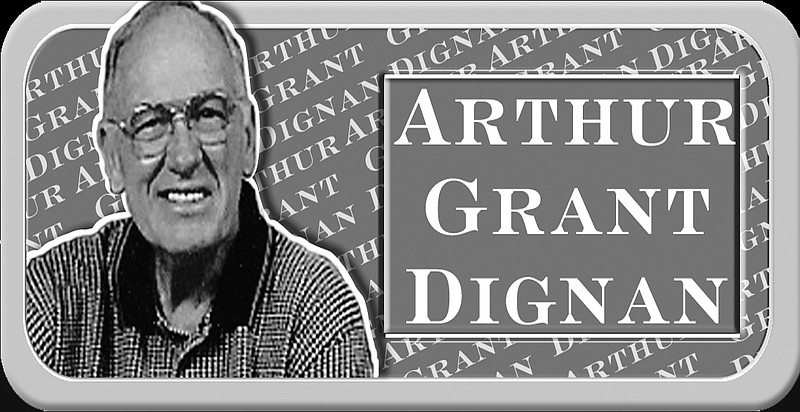You might not realize it, but for more than a century, many non-deaf professionals have had a goal to banish or at least control the use of ASL. They have used various approaches to accomplish this goal. Some have totally forbidden the use of ASL and the participation in deaf culture. Others make ASL off limits in the classroom, but allow limited exposure and use in non-school activities.
A few have acknowledged the benefits of visual communication. They borrowed some ASL signs, but left out the beauty of ASL as a complex language. They used the signs to create a signing system that is a poor imitation of a signed language.
Imagine it! Those of you who have strong ties to your cultural histories and native languages, how would you feel if a group of professionals tried to abolish your beautiful language and replace it with an ugly distorted copy of it? The treatment of ASL and deaf culture by non-deaf professionals is similar to the government's treatment of the languages and cultures of American Indians. Ironically, these same non-professionals often encourage parents to teach their hearing babies ASL while forbidding parents to teach their deaf babies ASL.
Still other non-deaf professionals promote themselves as ASL experts and even go so far as to tell native signers that they are signing wrong. Now that many high schools and colleges offer ASL as a foreign language, many hearing people with only minimal skills are teaching ASL classes. This is disrespectful to deaf peoples' language and culture, and threatens to weaken them.
Again, from the year 1880 to today, non-deaf professionals still feel anxious working with deaf students, and pretend that they can sign well and understand the students when actually they have poor expressive and receptive ASL skills. Many people, state people and especially the parents of deaf children believe the deaf students and the non-deaf professionals communicate well with each other, when in fact, they may not.
The deaf students and deaf adults often experience frustration with the non-deaf professionals who do not understand ASL or communicate clearly with it, but give the false impression that they communicate well. Because of this, the students suffer.
Some parents also pretend they are strongly committed to deaf culture and ASL, but rarely attend deaf events or socialize with deaf people. Fortunately, other parents have an authentic heart of love for the deaf and their ASL and culture. Some of them even almost live in the deaf world.
Deaf people prefer that non-deaf professionals honestly acknowledge that they can never ever master ASL the same as most deaf people acknowledge that they will never master English. Therefore, I suggest for them to work with each other to cope with one's language with respect and support rather than with negative and unacceptable behavior.
Many non-deaf professionals try to prevent deaf children's exposure to ASL and instead try to teach them an oral language, even though such an approach has often proven to be a failure. Yet they continue to do it, and urge the parents to do the same. It is sad and is a very difficult communication method for the deaf children to learn. Deaf children have a natural craving for a visual language like ASL. Many will follow the desire in their heart and feeling in their gut and learn ASL in secret.
Most of you feel comfortable and relaxed when you communicate in your own cultural language. If someone forced you to use a language foreign to your culture, it would be an uncomfortable and stressful experience. Fortunately, the other minority cultural groups understand your feelings because they would feel just the same.
Many deaf students with very limited ability to hear and understand sound have excellent vision, yet they are routinely forced to use an oral communication method that requires something they do not have - hearing - instead of a visual language that requires what they have in abundance - perfect vision.
Let me share with you here how most deaf people who love a great, beloved deaf leader in the past. His name was George Veditz. He proclaimed the statement of sign language (ASL). He said "as long as we have deaf people on earth, we will have signs... the noblest gift God has given to deaf people."
And that is very simple.
Of the Deaf People, By the Deaf People, For the Deaf People

